İt was time for red metal after Indonesia banned the export of nickel concentrate, allowing investors to find success in nickel processing and smelting. The Ministry of Energy and Mineral Resources of the Republic of Indonesia , which has banned nickel exports from this country since 2020, has secured large amounts of capital in nickel processing. The Indonesian government has imposed restrictions on the export of concentrated copper in order to attract foreign investors to the copper processing industry in this country.
The Ministry of Energy and Mineral Resources of the Republic of Indonesia announced that it will formally impose a ban on crude metal exports on June 10, 2023, along with exports of copper, iron ore, lead, zinc and anode sludge to continue until May 2024. After the ban, it allowed companies to sell their products in the domestic market.
The reason for the continuation of the export of iron ore is to provide the opportunity to complete the smelting units of the large mining companies operating in the country. Thus, Indonesia allowed the two mining companies Freeport Indonesia and Amman Mineral, which operate in the field of operating copper mines in the country, to export the concentrate they produce until 2024, achieving a physical progress of approximately 60% in their copper smelting facilities.
Despite the ban on raw metal exports, all three companies with smelters above 50% were allowed to continue exporting raw and processed metals. In this list, PT Kapuas Prima Citra and PT Kobar Lamandau Mineral took place, respectively, with 89.79% Sebuku Iron Lateritic Ores PT 100% and 89.65% physical progress. The copper smelting plant of PT Freeport Indonesia, and PT Amman Mineral has reached approximately 60% physical progress, allowing them to continue their concentrated copper exports until 2024.


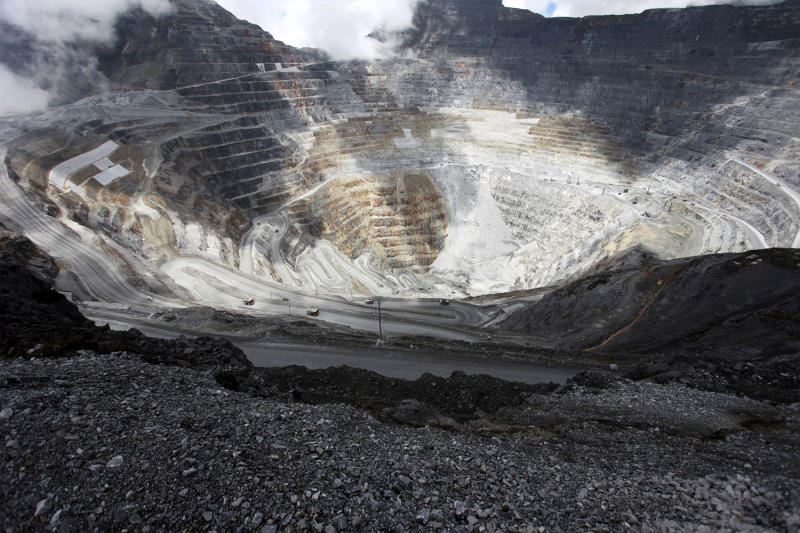

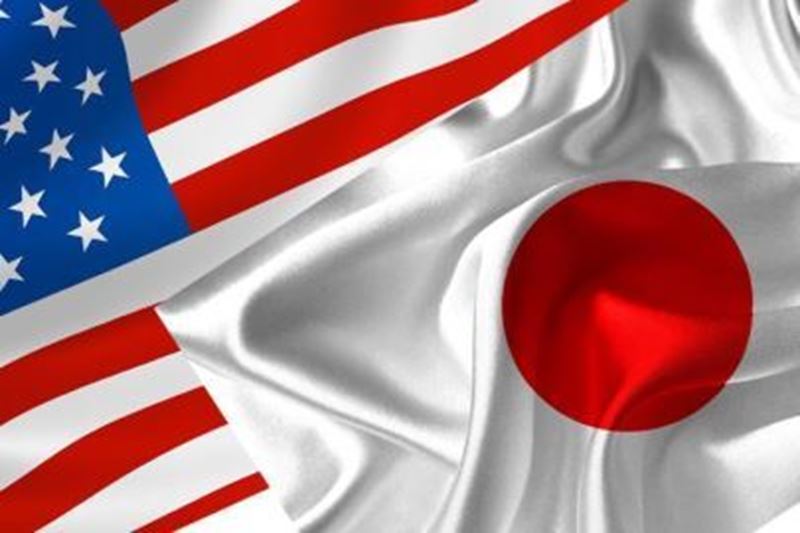
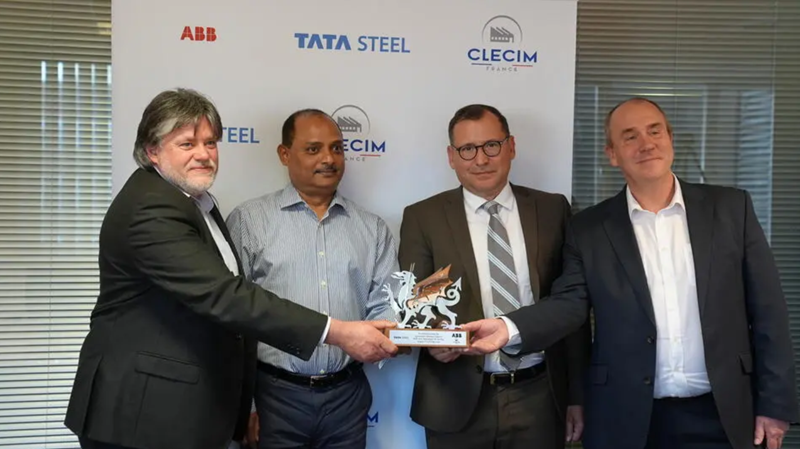

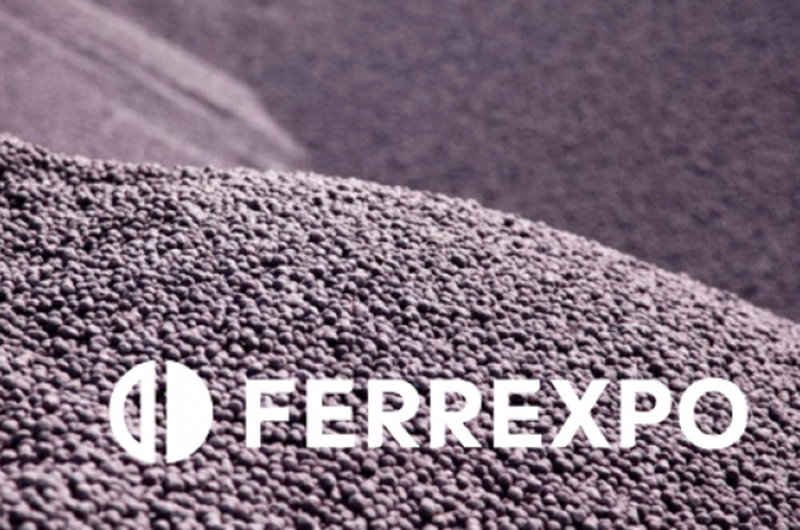
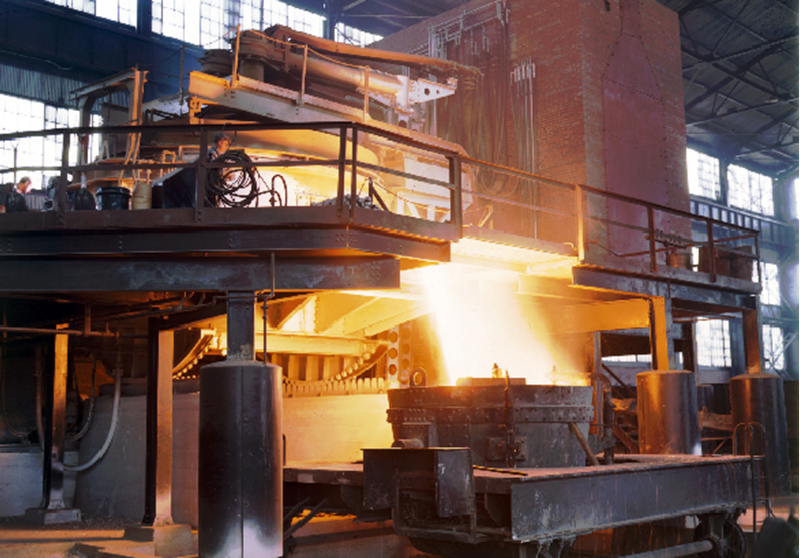


Comments
No comment yet.